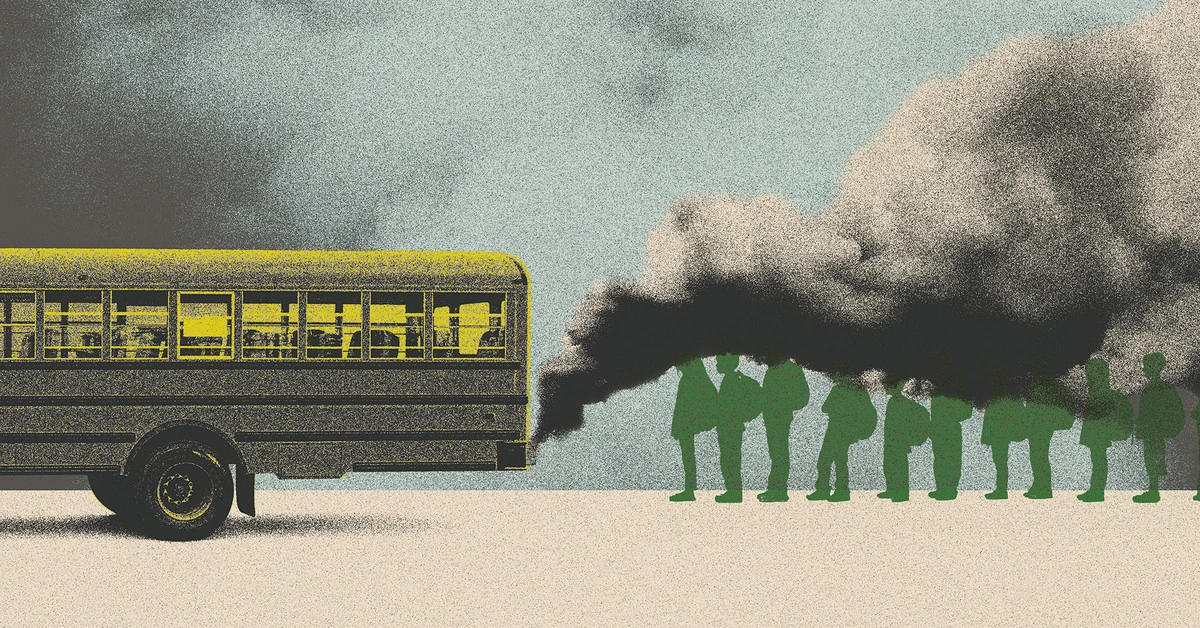the propane industry sees an opportunity to seize a share of the auto sector. Its representatives are working hard to convince public officials to switch to propane-fueled school buses, which they claim are “near-zero emissions” vehicles that are better for kids and the climate.
Except — that’s not true. Propane is still a polluting fuel: While it is refined differently than diesel and natural gas and combusted in uniquely styled engines, it still has a measurable impact on air quality and the climate. If PERC’s deceptive marketing to children, parents, and school administrators is successful, the propane industry threatens to lock in fossil fuels and their polluting emissions for another generation of schoolchildren.


I’m not saying it’s not a problem at all, but in general, we should focus our efforts on reducing emissions with high permanence. We’re already committed to an approximate sea level rise of about one meter over the next century, due in large part by CO2’s long half-life in atmosphere, up to 1000 years. By comparison, Methane’s half-life is about 12 years, and H2’s (which I did look up) is only 2 years. This makes it much less of a problem to deal with - not technically but socially.
The problem is that if we are still belching CO2 into the atmosphere in 2050 and find ourselves facing devastating cat6 hurricanes and global famine, the collective “oh shit” moment might spur action, but it’s unlikely to have any positive effect within a century, which would not bode well for civilization. By comparison, if we replaced our CO2 emissions with H2, that same “oh shit” moment could spur action that would mostly resolve things within a decade.
I view these alarmist articles about short-lived emissions the same way I see anti-nuclear rhetoric - a problem to be solved eventually, but not one that should stop us from taking advantage of its massive benefits.